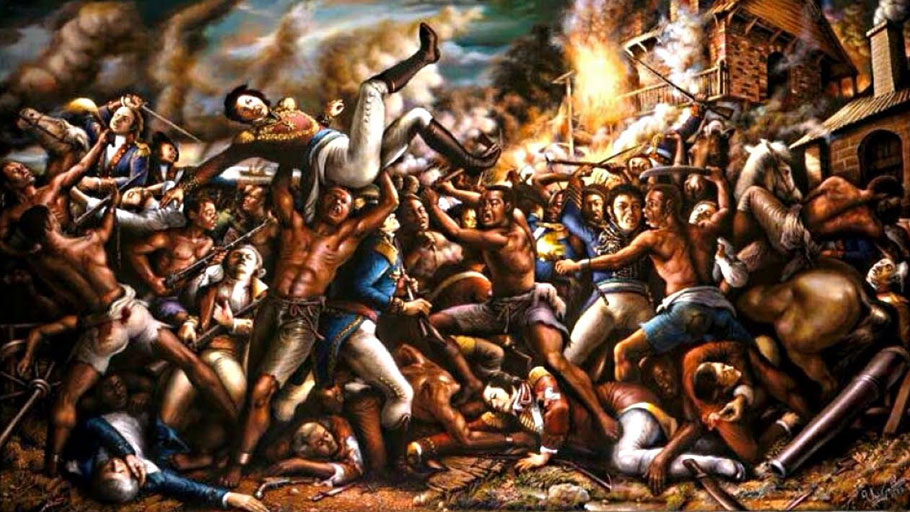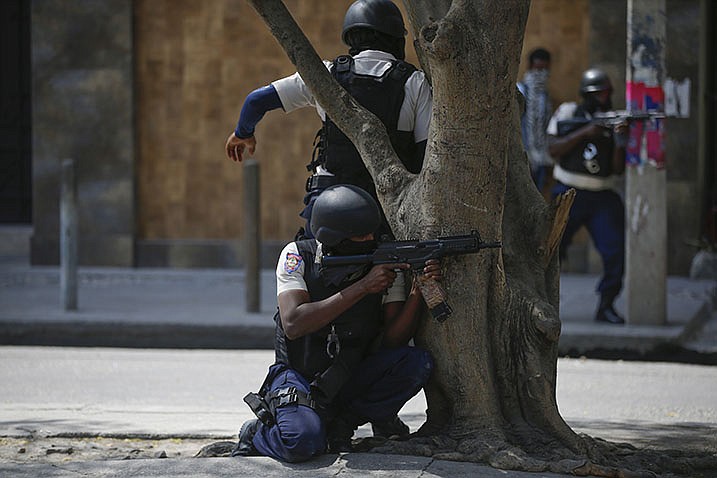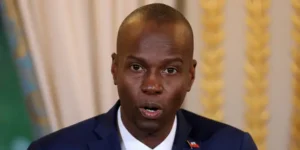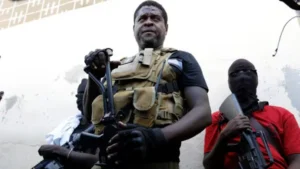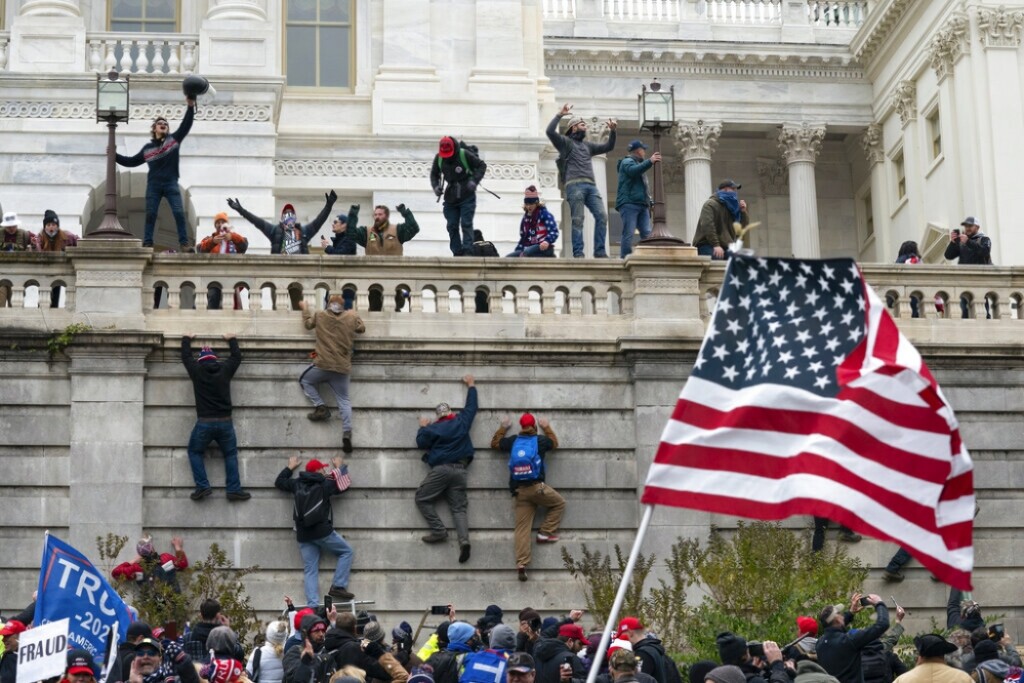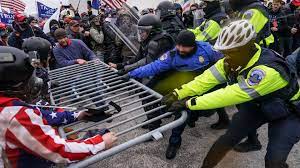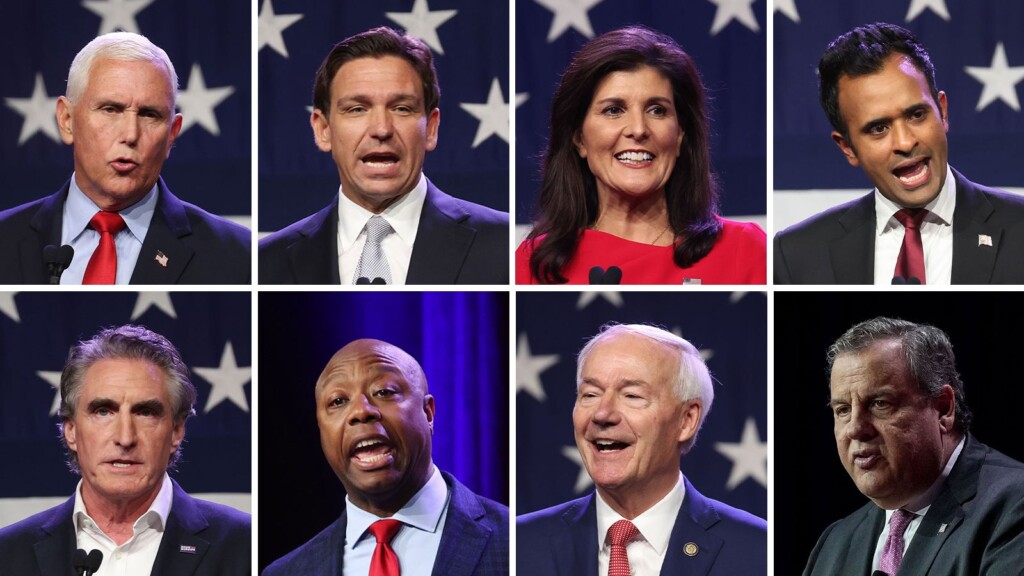In a recent article published by The Washington Post, the legacy of Haiti has once again been subjected to misrepresentation and distortion. The piece, titled “Haiti’s deal with the devil at Bois Caïman,” perpetuates harmful stereotypes and undermines the rich history and culture of this resilient nation. As advocates for truth and justice, it is imperative to challenge such narratives and reaffirm the dignity and sovereignty of the Haitian people.
The notion of Haiti making a “deal with the devil” at Bois Caïman stems from a distorted interpretation of historical events. The ceremony at Bois Caïman in 1791 was a pivotal moment in the struggle for Haitian independence, where enslaved Africans gathered to plan a revolt against their oppressors. Far from a pact with supernatural forces, it was a courageous act of resistance against the brutal system of slavery that shackled their bodies and souls.

To suggest that Haiti’s liberation was somehow tainted by diabolical forces is not only intellectually dishonest but also deeply offensive. It diminishes the agency and courage of the Haitian revolutionaries who defied the odds and overthrew their colonial masters to claim their freedom. The revolution in Haiti sent shockwaves across the world, inspiring oppressed peoples everywhere to rise up against tyranny and injustice.
Furthermore, the insinuation that Haiti’s struggles are a result of divine punishment is not only absurd but also profoundly insensitive. Haiti’s challenges, from political instability to economic hardship, are rooted in a complex web of historical injustices, including centuries of colonial exploitation and foreign intervention. The resilience of the Haitian people in the face of such adversity is a testament to their strength and spirit.

It is also essential to recognize the significant contributions of Haitian people to the United States and the rest of the world. From Toussaint Louverture, a towering figure in the fight against slavery, to Jean-Michel Basquiat, a pioneering artist whose work continues to inspire, Haitian culture and creativity have enriched the global community. Haitian immigrants have made invaluable contributions to various fields, from science and medicine to politics and literature, leaving an indelible mark on society.
As allies and advocates, we must reject harmful stereotypes and support efforts to uplift and empower the Haitian people. This means amplifying their voices, advocating for justice and equality, and challenging narratives that seek to devalue their dignity and worth. It also requires standing in solidarity with Haiti as it navigates its path towards a more just and prosperous future.
In conclusion, the Washington Post article’s portrayal of Haiti as having made a “deal with the devil” is not only inaccurate but also deeply disrespectful. Haiti’s history is one of resilience, courage, and perseverance in the face of immense adversity. As allies and advocates, let us celebrate the rich legacy of Haiti and work together to build a more inclusive and equitable world for all.
Washington Post article: https://www.washingtonpost.com/history/2024/03/24/haiti-deal-devil-bois-caiman/
